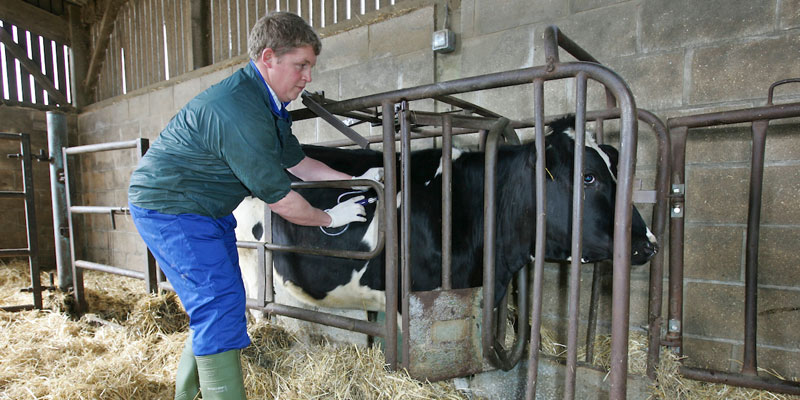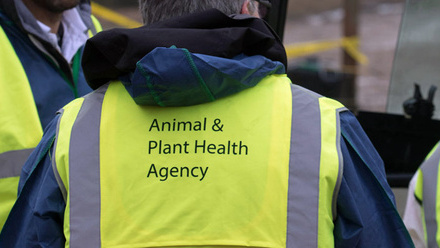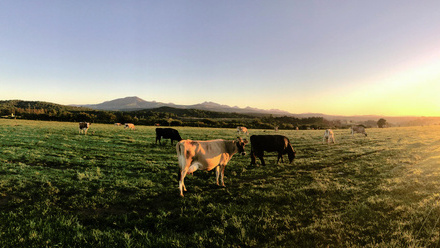Farmers and agri-supply businesses urged to be vigilant as UK Bluetongue cases rise

Livestock farmers and their suppliers should be extra vigilant as the number of Bluetongue cases on UK farms grows, the Agricultural Industries Confederation (AIC) has urged.
The UK Deputy Chief Veterinary Officer has confirmed three new cases of Bluetongue virus BTV3 on two new premises in Norfolk and Suffolk, bringing the total number of cases to four.
A temporary control zone has been put in place around the affected farms which will restrict the movement of susceptible animals and their germinal products except under licence.
Keepers of cattle, sheep, other ruminants, and camelids are encouraged to be vigilant and follow the restrictions on animal and germinal product movements that now apply within the control zone.
AIC - the UK's agri-supply trade association - is reminding its Member businesses, especially those supplying livestock feed or providing advice on farms, that Bluetongue is a notifiable disease meaning all suspected cases must be reported to the Government.
Further information and guidance can be found on the GOV.UK website, where all announcements on notifiable diseases in animals are also made.
Bluetongue virus is mostly spread by certain species of biting midges (Culicoides species), many of which can be found throughout Great Britain.
It can also be spread through biological products such as blood, germinal products (semen or embryos), or the movement of infected animals.
The disease poses no risk to humans or the food chain.
Advice for agri-supply businesses
While animal feed is not regarded as a vector for the spread of Bluetongue, or indeed many other diseases, it is important for feed businesses and their employees to be aware of the disease status of any farms they visit and to be aware of the guidance on correct biosecurity measures that need to be taken to prevent the introduction and spread of disease.
The same awareness of disease status and correct biosecurity measures is as important for deliveries and visitors to farms from other input sectors, including visits from agronomists, seed, and fertiliser advisors.
AIC urges all Members to be extra vigilant when planning farm visits over the coming weeks and advises them to review Government guidance on Bluetongue and additional guidance for AIC Members on movements onto and off of livestock and mixed farms.
For more information on the disease, visit the Ruminant Health and Welfare website.






